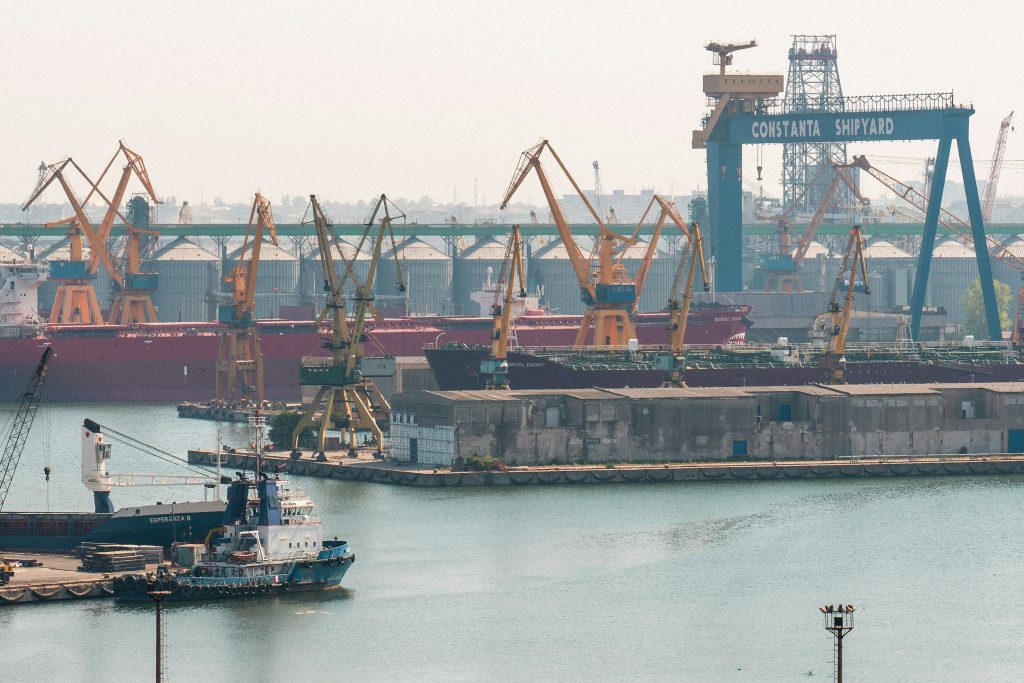Trump’s Controversial Proposal: Renaming the Gulf of Mexico
## Trump’s Controversial Plan to Rename the Gulf of Mexico
President-elect Trump’s recent comments have sparked a firestorm of debate and ridicule. During a press conference, he casually announced his intention to rename the Gulf of Mexico to the “Gulf of America.” This seemingly insignificant proposal has ignited a wave of reactions across the political spectrum, highlighting the often-unpredictable nature of the incoming administration’s policy pronouncements.
##### A Controversial Statement with Unclear Implications
Trump’s statement, made almost as an aside during a discussion on other matters, lacks detailed explanation or justification. The lack of context leaves many wondering about the practical implications of such a name change. Would it involve any legal changes? What would be the cost and logistical challenges involved in updating maps, nautical charts, and international agreements? These questions remain unanswered.
The proposed renaming is viewed by many as a symbolic gesture reflecting a nationalistic approach to foreign policy. It’s a move that seems to prioritize asserting American dominance over the region rather than fostering international cooperation and understanding. Some observers have pointed out that it reflects a broader pattern of statements and actions aiming to project American strength on the global stage.
##### A Wave of Criticism and Satire
The announcement has been met with widespread criticism, with many commentators describing it as a frivolous distraction from more pressing issues. The idea of altering the name of a major geographical feature, which has been used for centuries, seems to many to be an unnecessary use of resources and political capital. The lack of clarity around the reasoning behind such a decision adds fuel to the fire. The situation has also attracted significant satirical commentary on social media, with countless memes and jokes making light of the suggestion.
##### Beyond the Gulf: A Pattern of Bold Statements
The proposal to rename the Gulf of Mexico is not an isolated incident. The President-elect has made a number of similarly unexpected and controversial statements during the transition period, including suggestions about acquiring Canada, Greenland, and the Panama Canal. These bold pronouncements raise concerns about his approach to foreign policy and international relations. They suggest an approach that prioritizes asserting American dominance and influence, potentially leading to strained relationships with other nations.
##### The Significance of Geographic Names
Geographic names often hold historical and cultural significance. Altering a name like that of the Gulf of Mexico has deep implications, impacting not only the geopolitical landscape but also the historical understanding of the area. Many are questioning the potential for unintended consequences and the lack of consultation with other countries that share access to the Gulf.
##### Moving Forward: Uncertainty and Speculation
The long-term implications of Trump’s proposal are unclear. Will the initiative proceed? What steps will be taken to implement it? These questions remain open, adding to the uncertainty surrounding the direction of US foreign policy under the new administration. The situation highlights the volatile nature of the political landscape and the importance of staying informed about developing events and their potential consequences.
The incident underscores the importance of reasoned debate and careful consideration when it comes to making significant decisions that affect international relations and global perceptions of the United States.
Tags: Controversial, Foreign Policy, Geopolitics, Gulf of America, Gulf of Mexico, International Relations, Name Change, Trump, US Politics
The Diplomatic Landscape: Senegal’s Role Amidst Global Changes
In a time where global diplomacy is undergoing significant transformations, Senegal has emerged as a pivotal player on the African continent. As nations reassess their foreign relations, Senegal’s strategic position offers unique opportunities for engagement and collaboration. Recent developments highlight the intricate web of international diplomacy that Senegal navigates, particularly in light of the shifting tides in global politics.
One notable trend is the recent closure of several embassies by Pyongyang, which has drawn attention to the evolving dynamics between North Korea and the international community. With seven embassies shut down last year, the implications of such actions are profound, signaling a potential recalibration of North Korea’s foreign policy. In this context, Senegal’s diplomatic stance becomes increasingly relevant, as it seeks to maintain its relationships with various global powers while positioning itself as a mediator in regional conflicts.
The capital city, Dakar, has become a hub for international dialogue, attracting diplomats and leaders from around the world. This vibrant city is not only known for its rich cultural heritage but also for its strategic importance in fostering discussions on pressing global issues. Senegal’s commitment to peace and stability in West Africa is reflected in its active participation in international forums and peacekeeping missions.
Moreover, Senegal’s historical ties with nations like France and the United States play a crucial role in shaping its foreign policy. As these countries navigate their own challenges, Senegal’s ability to maintain strong diplomatic relations is essential for its national interests. The country’s leadership has emphasized the importance of collaboration and mutual respect in addressing global challenges such as climate change, security threats, and economic development.
In recent years, Senegal has also taken significant steps to enhance its influence in international organizations. As a member of the African Union and the Economic Community of West African States (ECOWAS), Senegal is at the forefront of advocating for African interests on the global stage. This position allows Senegal to voice concerns about issues affecting the continent, such as poverty alleviation and sustainable development.
As the world faces increasing uncertainty and complexity, Senegal’s diplomatic efforts stand out as a beacon of hope. The nation’s proactive approach to foreign relations, combined with its rich cultural heritage, positions it as a crucial player in fostering international cooperation. Senegal’s commitment to dialogue and understanding serves as a reminder of the power of diplomacy in resolving conflicts and building bridges between nations.
In conclusion, Senegal’s role in the evolving diplomatic landscape is more important than ever. As global dynamics shift, the nation remains steadfast in its pursuit of peace, cooperation, and development. The future of Senegal’s diplomacy will undoubtedly shape not only its own destiny but also that of the broader African continent. Through its strategic alliances and commitment to international dialogue, Senegal is poised to play a key role in addressing the challenges of our time.
Tags: Diplomacy, Foreign Policy, Senegal, West Africa


